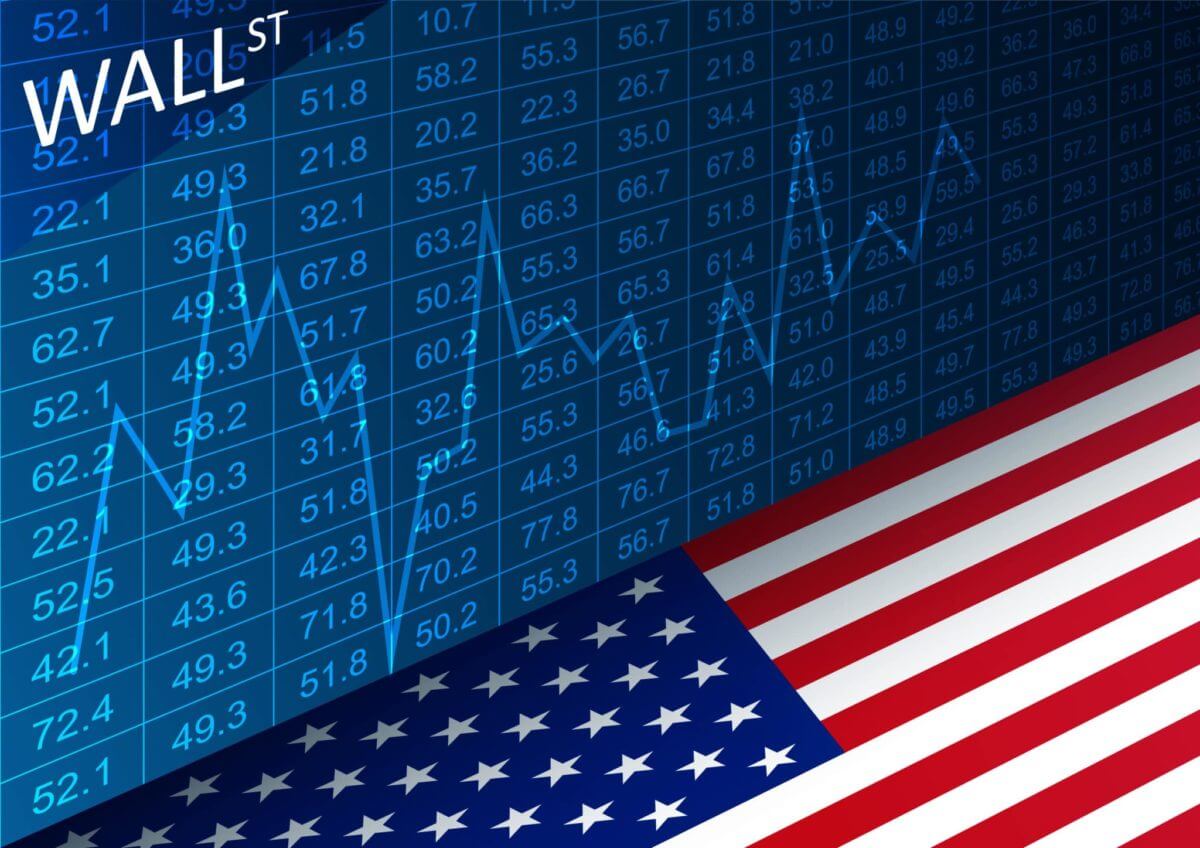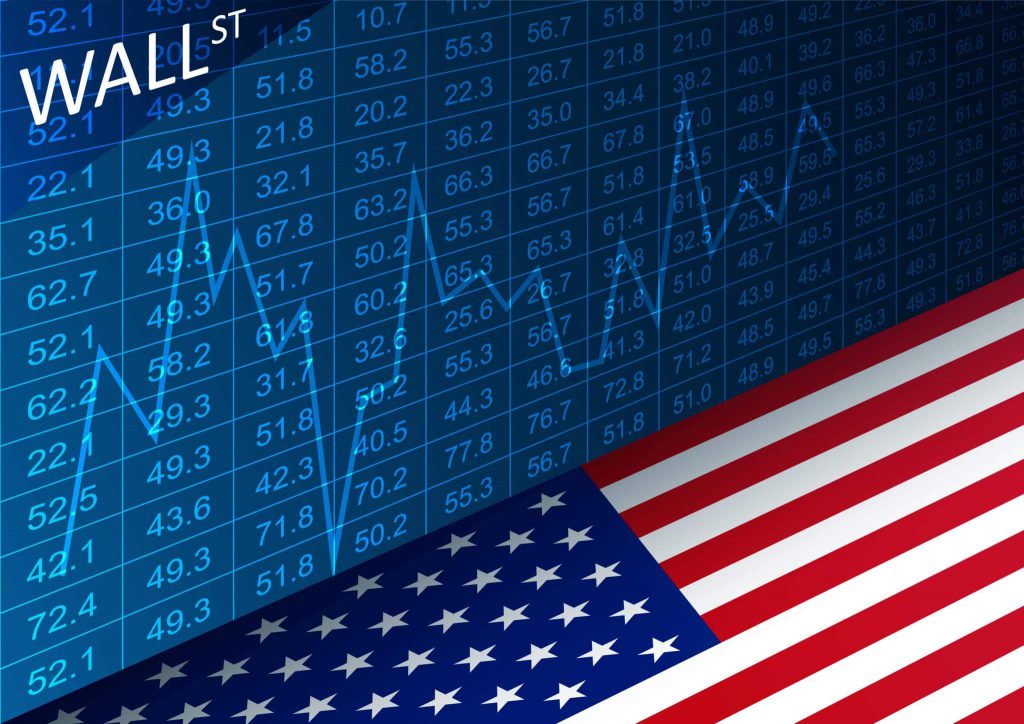
Wall Street ends lower
The New York Stock Exchange ended lower on Thursday, marked by concerns over the Delta variant of the coronavirus and fears of inflation.
The Dow Jones dropped by 1.59%, or 546.8 points, to 33,843.92.
The S&P-500 lost 1.19% or 51.92 points, to 4,307.54.
The Nasdaq Composite fell by 0.44% or 63.86 points to 14,448.58.
The adoption of a new provisional budget law for the federal state by the US Congress has been one of the recent causes of concern for investors. Congress made progress on Thursday, voting to finance the government until the beginning of December.
This leaves more time for Democrats and Republicans to agree on increasing the US debt ceiling. In addition, the Senate adopted the infrastructure investment plan, worth $1.2 trillion, presented by the Biden government.
Worst performance since March 2020
These three indices recorded their worst quarterly performance since the start of 2020. Even the Dow ended the July-September period in the red, sliding by 1.9%. The Nasdaq also lost 0.38%, while the S&P 500 posted a modest gain of 0.23%.
September was exceptionally difficult for the Dow, with drops of 4.29%. The S&P lost 4.76% after seven consecutive months of increases, and the Nasdaq slumped by 5.31%.
All corporate sectors finished in negative territory. The industrial sector posted the most significant loss of 2.11%. Meanwhile, the essential goods slipped by 1.85%, and the financial sector declined by 1.62%.
Among the 30 companies listed on the Dow Jones, declines were led by Walgreens, which sank by 3.37%. Losses of Caterpillar were also notable, dipping by 3.11%. Meanwhile, 3M shed 3.04%.
Only Salesforce and MSD managed to escape declines, gaining 0.28% and 0.03%, respectively.
The macroeconomic indicators of the day did not help reassure investors, including an unexpected increase in jobless claims last week in the US.
Market participants will be attentive to data on household spending, inflation, and manufacturing activity. It is due on Friday, and it will help investors obtain new indications on the development of activity in the United States and its possible consequences on monetary policy.
Nikkei followed the Wall Street decline
Shocked by the US stock market decline the day before, the Tokyo stock market fell sharply.
Bank of Japan Tankan announced the business condition index of large corporations and manufacturing industries for September. The result exceeded expectations. However, a sense of caution about the economic slowdown in the United States and China weighed on the market.
The Nikkei dipped by 2.31% or 681.59 points and ended at 28,771.07, ending at its lowest level in a month.
Meanwhile, the Topix lost 2.16% or 43.85 points to 1,986.31.
The technology giant Softbank lost 0.80%, while the Japanese car manufacturer Toyota Motor declined by 1.65%.
The fall of large exporters was also noteworthy. Technology company Sony slipped by 3%, and Panasonic dropped by 3.7%.
As for the gains, the Rakuten group stood out with a rise of 3.2%. It announced the next IPO of its banking unit Rakuten Bank the day before.
In the first section, 1,981 stocks slumped compared to the 173 that advanced and the 20 that ended flat.


